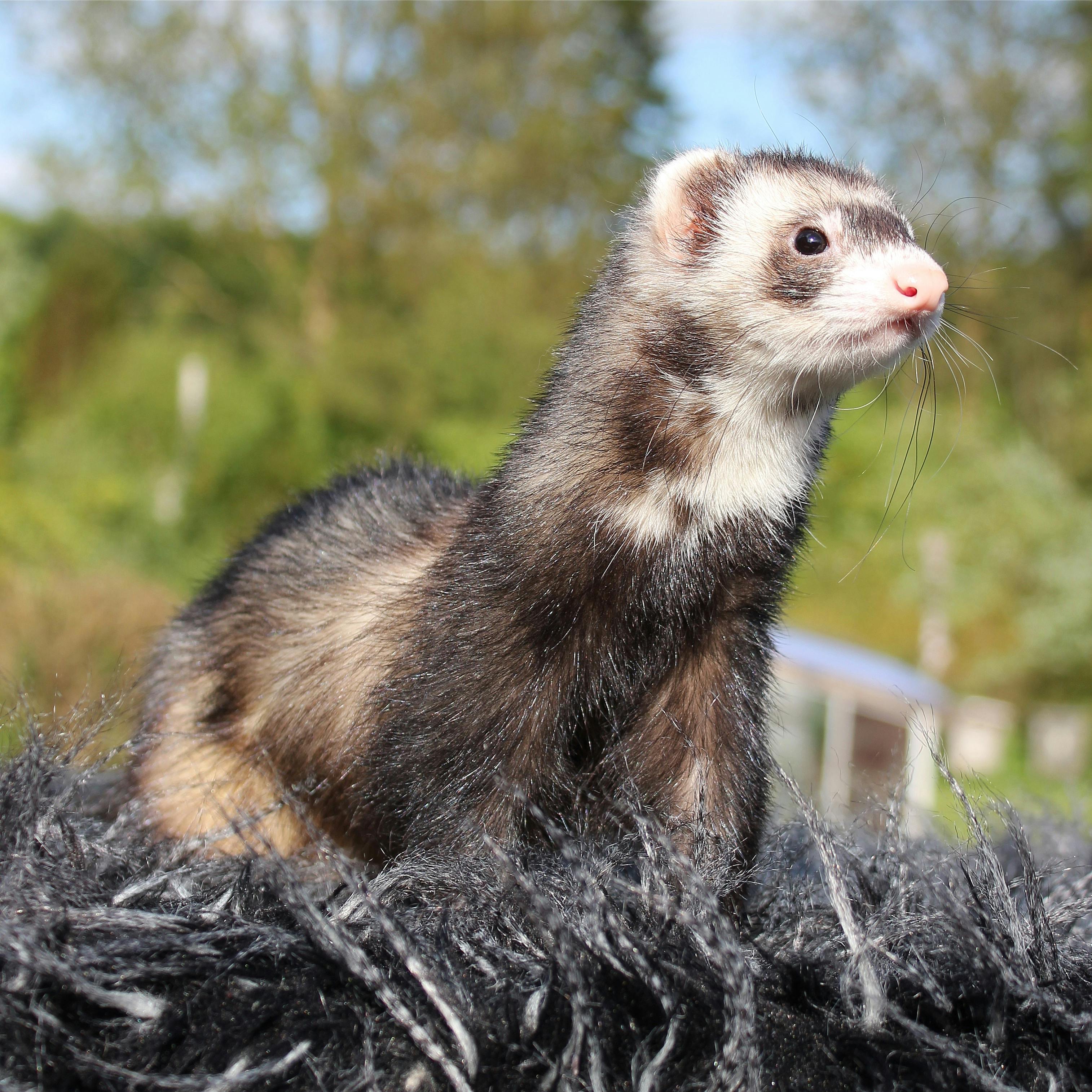Decoding the Enigma: Why Do Ferrets Sleep So Much?
Sleep is a universal necessity for all living creatures, and domestic pets are no exception. Among these, ferrets are known for their unusual sleeping habits which can extend to over 18 hours a day. But, why do ferrets sleep so much? This article delves into the science behind these intriguing creatures' slumber patterns, their impact on their health, and what pet owners should know about it.

The Sleepy Nature of the Ferret
Ferrets, belonging to the group of mammals known as Mustelidae, are incredibly snoozy creatures. Their sleep cycle is significantly different from that of humans, and even some other animals. It’s a common sight to see ferrets curled up and sleeping soundly for extended periods, waking only for a few active hours of play and feeding.
The Physiology Behind the Slumber
The sleeping pattern of ferrets is primarily influenced by their physiology. Ferrets are crepuscular animals, meaning they are most active during dawn and dusk. This nature is an adaptation to their wild counterparts’ need to hunt and avoid predators. It’s during these active hours that they eat, play, and engage in other activities, while the rest of the time is spent in deep sleep to recharge.
The Environmental Influence
Ferrets’ sleep patterns are also influenced by their environment. In their natural habitat, ferrets adjust their sleep cycles according to seasonal changes. They tend to sleep more during the colder months, a behavior known as seasonal lethargy. However, domestic ferrets, living in stable and controlled environments, may not exhibit this seasonal sleeping pattern but still maintain their long sleeping hours.
The Health Perspective
From a health perspective, the long sleeping hours of ferrets are normal and necessary for their well-being. However, sudden changes in their sleep patterns may indicate health issues. For instance, if a normally active ferret sleeps excessively or a usually sleepy ferret shows signs of insomnia, it could be an indication of medical concerns that warrant a visit to the vet.
The Pet Owner’s Guide
Understanding your pet ferret’s sleep requirements is crucial for its care. Ferrets need a quiet and comfortable place to sleep, and their active hours should be filled with stimulation and social interaction. Also, keep an eye out for any sudden changes in their sleep patterns, as this could signal potential health problems.
Ferrets, with their peculiar sleep patterns, are fascinating creatures. Their long slumbers, influenced by both their physiology and environment, are a unique trait that sets them apart in the animal kingdom. As pet owners, understanding these patterns and ensuring their pets’ needs are met can lead to a healthy, happy ferret.
While the cost of owning a ferret varies, the priceless companionship they offer certainly makes up for it. As their popularity as pets continues to rise, more research is being conducted to understand their unique behaviors, making it an exciting time for ferret enthusiasts worldwide.




